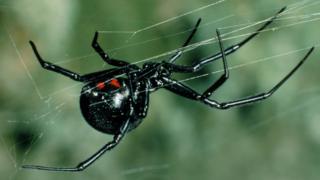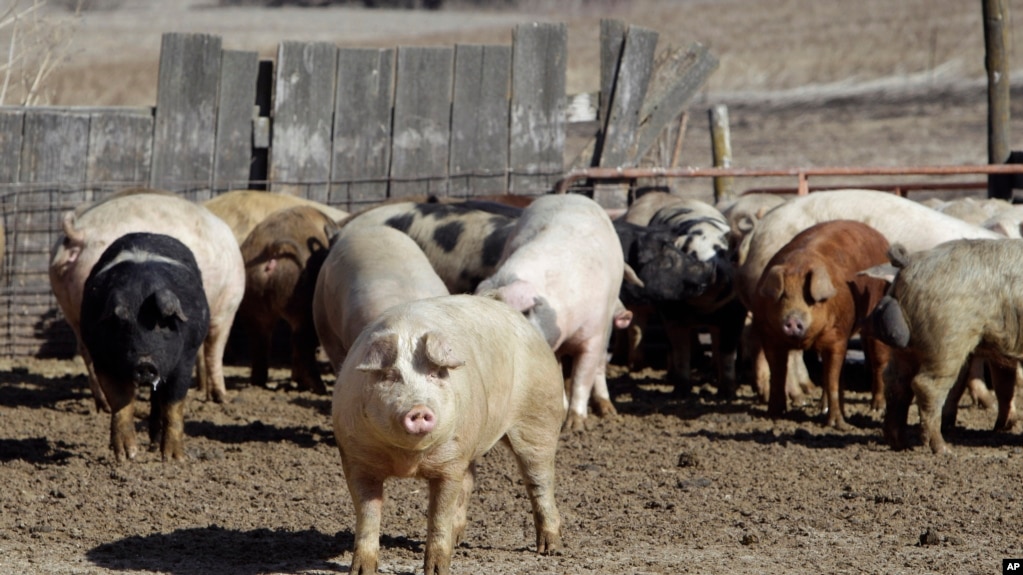A weird case of genetic adaptation...

Virus stole poison genes from black widow spider
Wed, 12 Oct 2016 - In a very unusual case of genetic theft, a virus has been caught with a gene that codes for the poison of black widow spiders.
Virus stole poison genes from black widow spider
Wed, 12 Oct 2016 - In a very unusual case of genetic theft, a virus has been caught with a gene that codes for the poison of black widow spiders.
The chunks of arachnid DNA were probably stolen by the virus to help it punch through animal cells. But its target is not the animal itself - the "WO" virus only infects bacteria living within insects and spiders. It was a surprise because bacterial viruses were generally thought to steal DNA only from bacteria. Writing in the journal Nature Communications, Sarah and Seth Bordenstein from Vanderbilt University in the US analysed the genome of WO, which belongs to a group of bacteria-infecting viruses known as bacteriophages.

WO targets the bacterium known as Wolbachia, which in turn infects the cells of insects and spiders. The virus pinched a gene that codes for latrotoxin, the poison used by black widow spiders. The toxin can break down the cell membranes of eukaryotes (the domain of life including animals, plants and fungi). The researchers think the virus uses latrotoxin to enter animal cells and reach the bacteria that it targets. It may also enable the virus to exit cells when it needs to.
The finding is unusual because viruses that infect eukaryotes usually assimilate eukaryote genes and viruses that infect bacteria usually steal useful bacterial genes. But the authors of the study say their result makes sense because WO has to contend with the defence mechanisms of two separate domains of life. During its life cycle, the WO virus is exposed to the internal environment of insect and spider cells and the scientists found other genes in its DNA that may help the virus evade animals' immune systems.
Virus stole poison genes from black widow spider - BBC News



